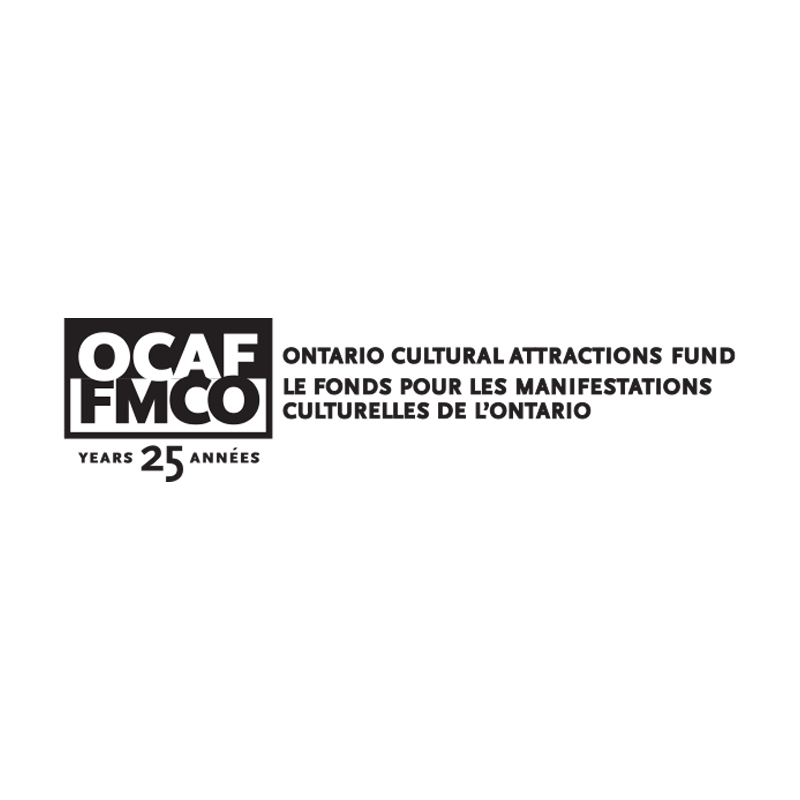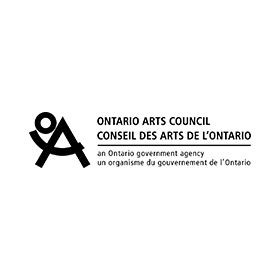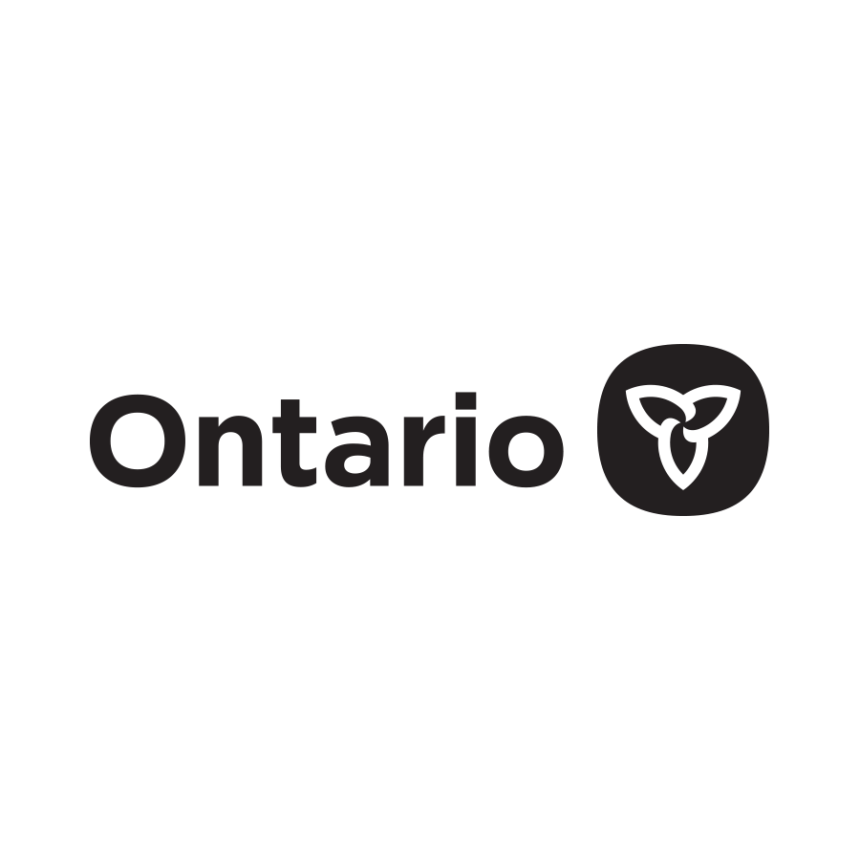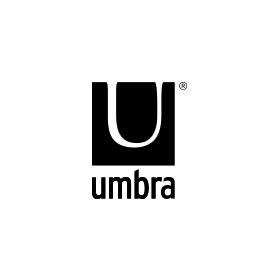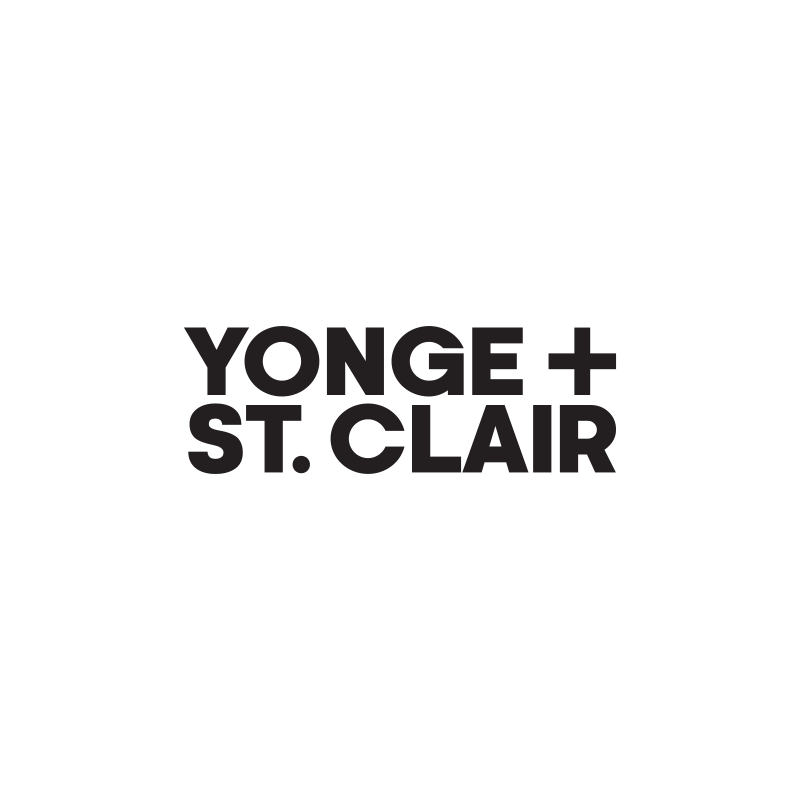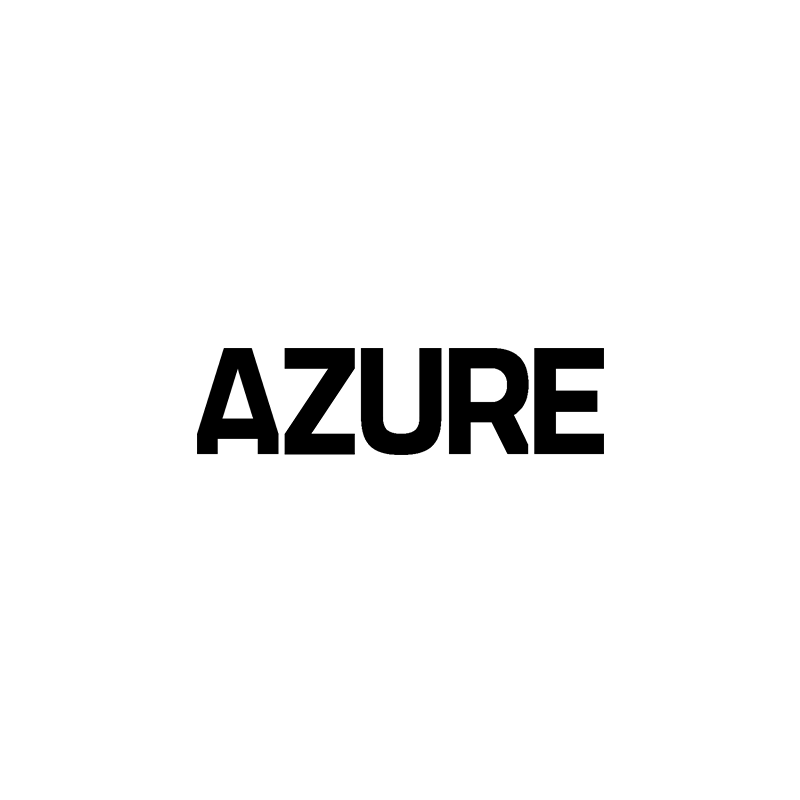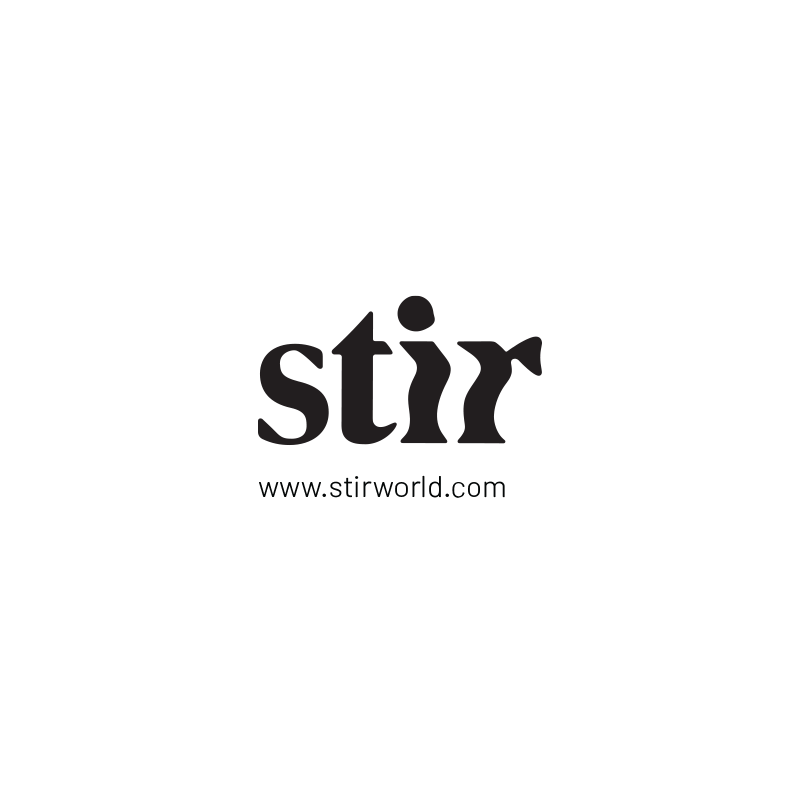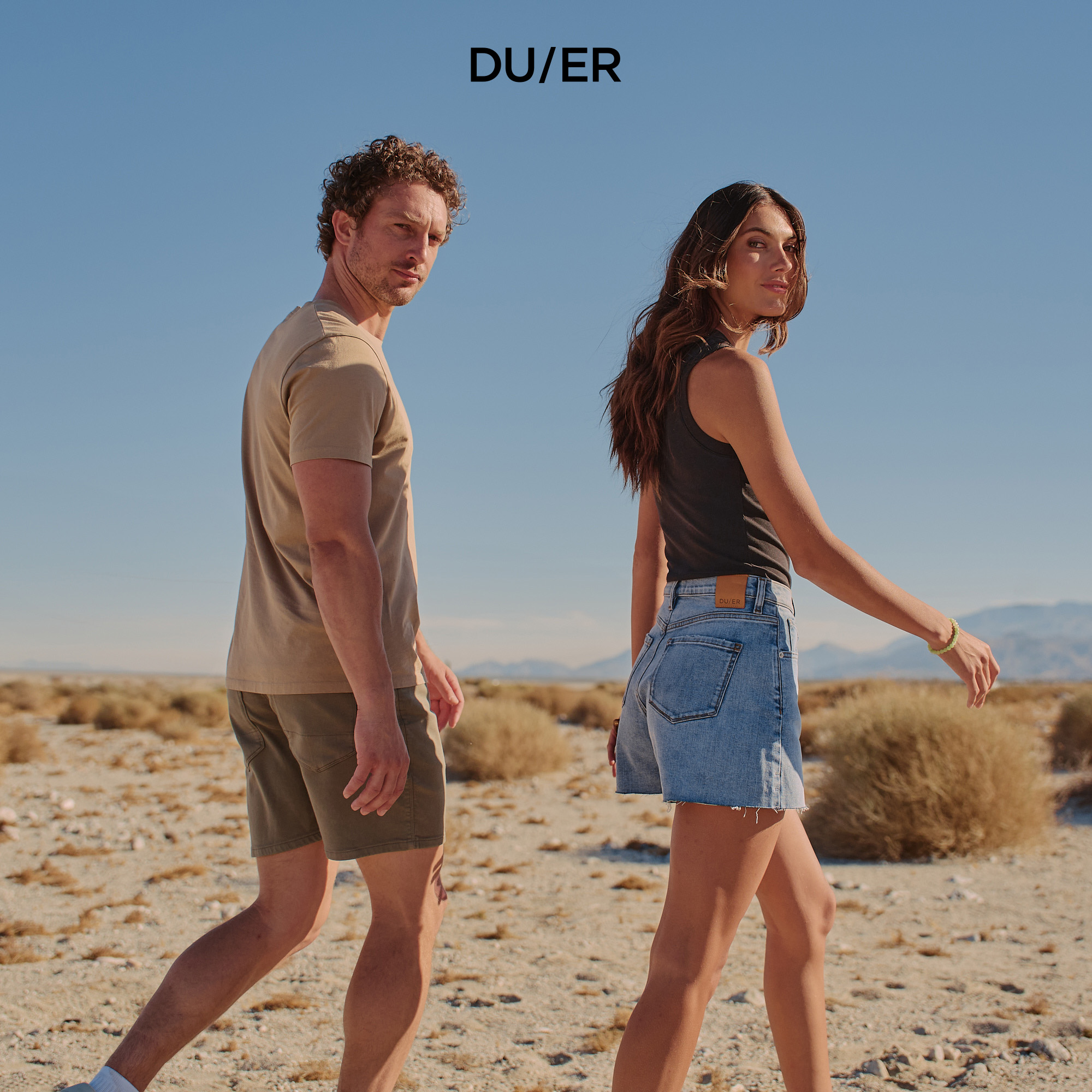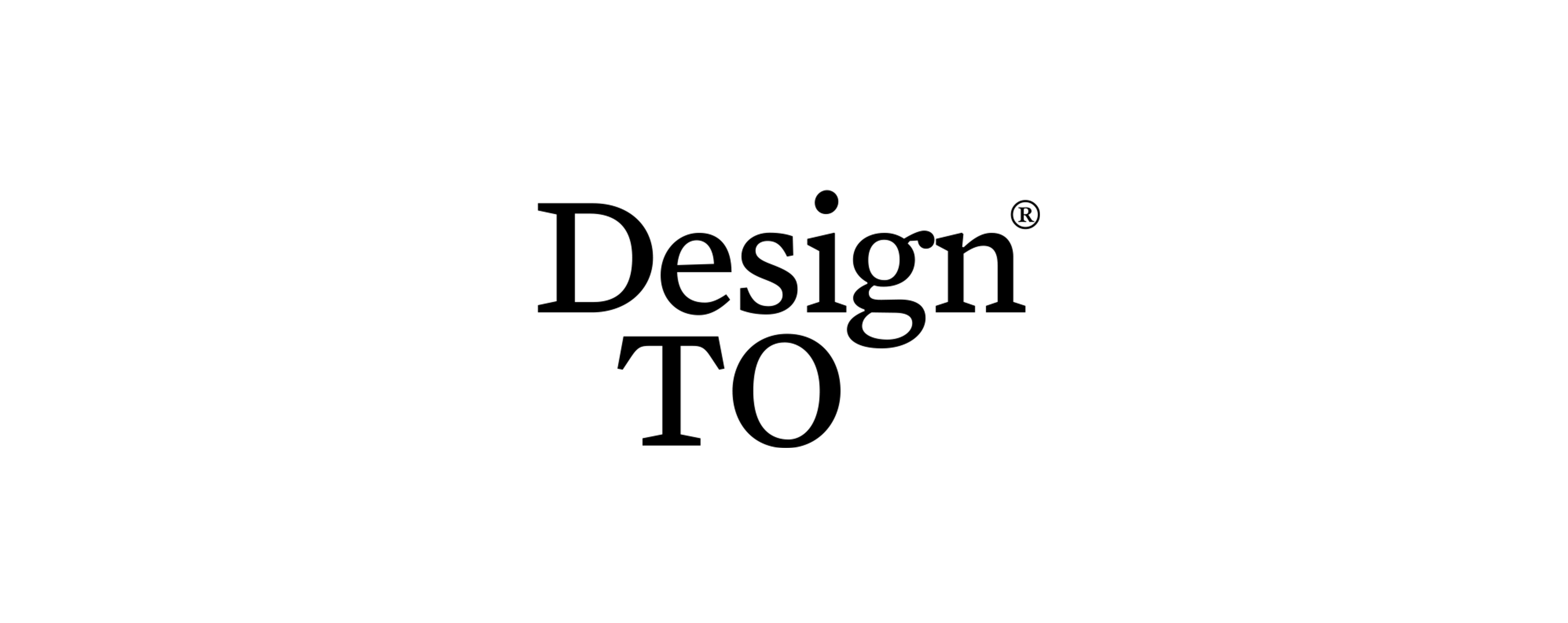
Submission Deadline
Friday, September 27, 2024 by 11:59pm ET
DesignTO Talks
‘Net Positive’
What is the trajectory of the climate crisis? If you envision our collective, planetary path, do you feel optimistic or distressed? In ‘Generation Dread: Finding Purpose in an Age of Eco-Anxiety’ author Dr. Britt Wray notes the validity of feelings of pessimism about the climate crisis, and suggests these emotions can be productive, spurring action. Perhaps what these feelings tell us is that we’re on the wrong path: that “green” or “sustainable” approaches have not been enough to course correct and we need to forge a new path toward a healthy and thriving planet.
Design and its adjacent industries are integral to determining this new path. As is often cited, the building and construction sector creates approximately 40% of annual carbon dioxide emissions. However, Dr. Janis Birkeland notes, “If all old wasteful buildings were replaced by new green ones, the material flows used in doing so would destroy the planet.” It is urgent that we shift design goalposts from doing “less bad” to doing “more good.”
‘Net Positive’ invites designers and thinkers to explore design responses to the climate crisis from a perspective of abundance. How do we design from an understanding of humans as a part of nature, and not apart from nature? How do we repair the damage done to ecosystems? How can we design whole living systems? In envisioning these design responses, how can we navigate the tensions between human needs, ecological restoration, and the structures of ownership and governance that shape our world?
Talks may be about current research or case studies, new products or technologies, spaces or experiences, speculative design or strategies, or new processes or policies.
Sub-themes:
- Regenerative design
- Place-based design
- Living Systems Theory
- Relational practices
- Connection to and design for/with the more-than-human world
- Biomimicry and/or biophilia
- Intersection of (deep) ecology and design
- Regenerative cultures
All submissions must include the following:
- A description of your talk topic (max. 500 words);
- Proposed talk format(s), this could include: singular presentation (keynote), panel talk, 2 people in conversation (interview/moderator), PechaKucha-style presentation, sharing circle (with facilitator), “fishbowl” conversation, or another learning or conversational format not listed here;
- A short bio on you and/or your creative practice (max. 150 words);
- 1-3 visuals of your work (max. 1MB per image), or a link to a video (if available); and
- Your contact info (name, email, phone number, mailing address), a CV, and website URL, Twitter and Instagram handles (if available).
Deadlines
Submissions are due Friday, September 27, 2024 by 11:59pm ET.
FAQ
There is no fee for this submission. A modest speaker’s fee will be paid to successful applicants.
This event runs 1-day during the DesignTO Festival, January 24 – February 2, 2025 . Date and times will be confirmed by October 2024. This event will be held in-person. We reserve the right to modify dates, times or delivery methods if required.
‘DesignTO Talks’ is a signature program of DesignTO, a non-profit arts organization that produces Canada’s largest and leading annual design festival. Past events in the series have included keynote presentations by internationally renowned designers, interdisciplinary panel discussions, and the long-running DesignTO Symposium.
Successful submissions will be notified by email in mid-October 2024.
Email questions to Robyn Wilcox, Head of Programming, at [email protected] with this subject line: Net Positive + your name.
